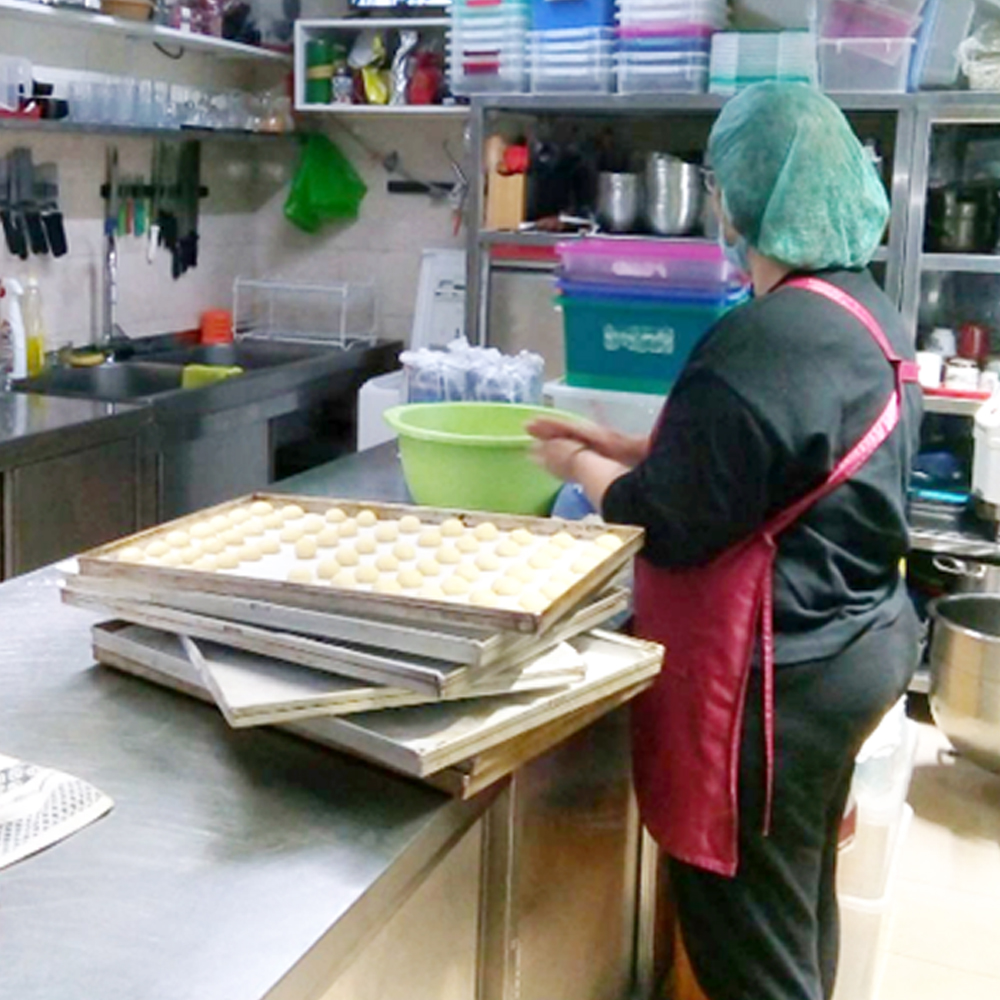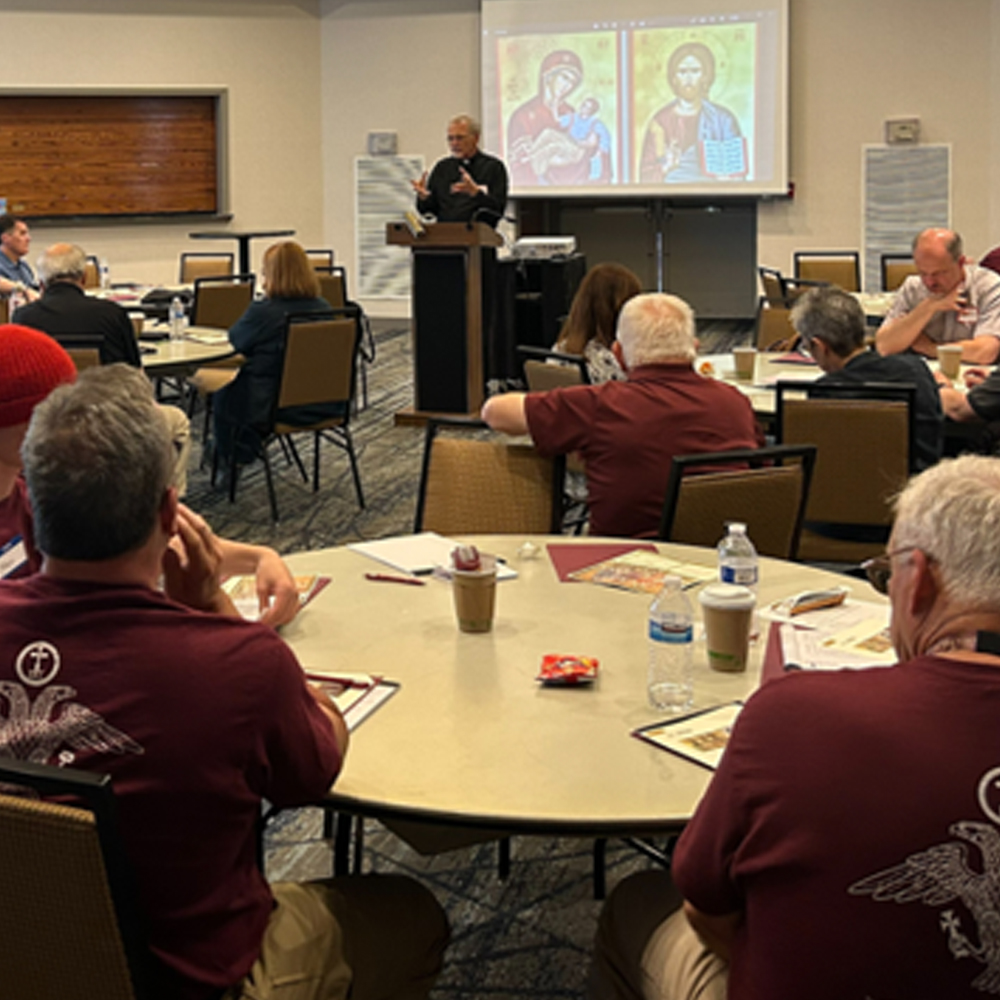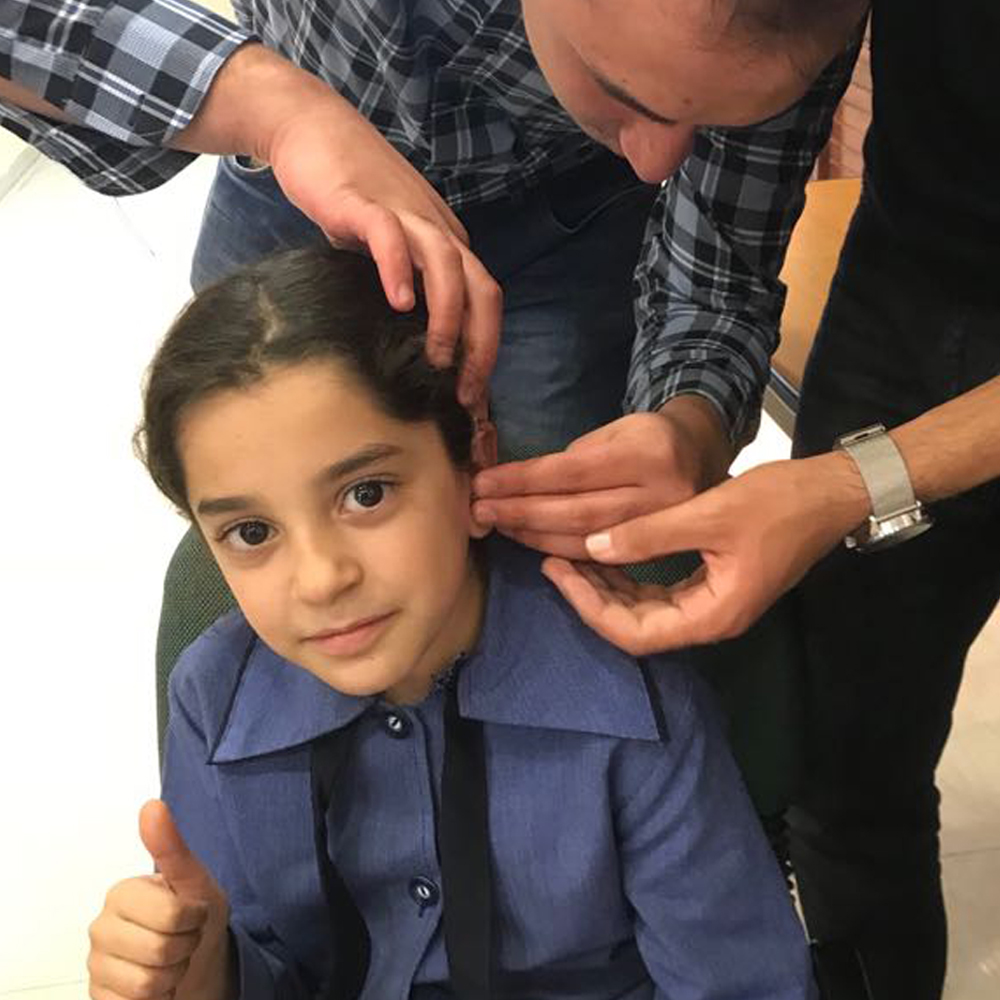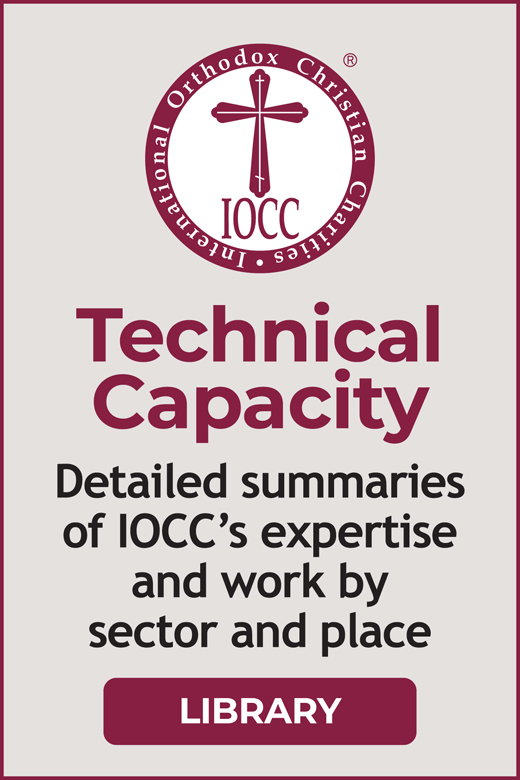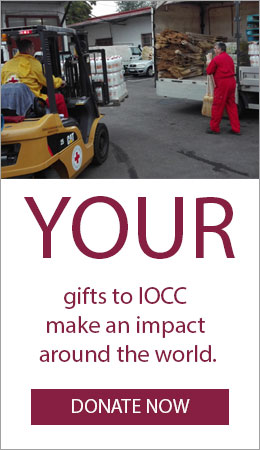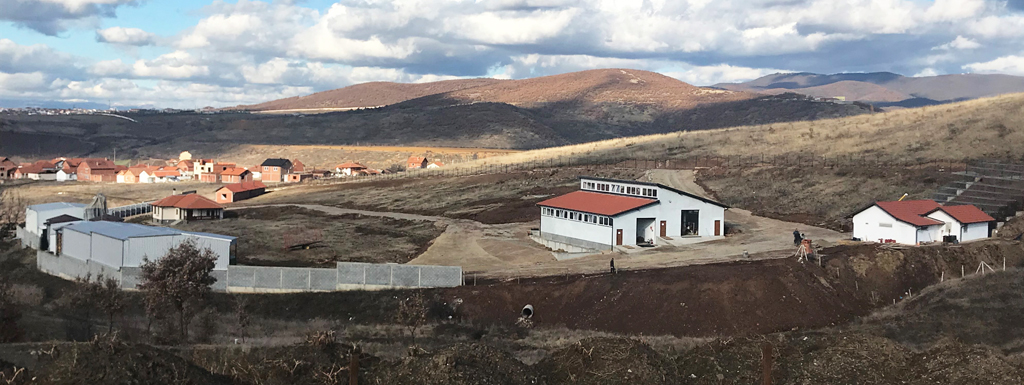
production line. The additions are making the Church a reliable market for local farmers, who can sell their harvests or have them processed at the monastery.
IOCC opened its Belgrade office in 1992 at the invitation of the Serbian Orthodox Church; field offices in Bosnia and Herzegovina (1995) and Montenegro (1998) have supported response after Yugoslavia’s dissolution and beyond. IOCC has helped millions across the region rebuild livelihoods and face natural and human-caused disasters.
Fostering Opportunity with Microloans
IOCC’s microloan program in Bosnia and Herzegovina began in 2002 and remains active. With a repayment rate of over 99%, over 16,000 loans to artisans and small businesses in agriculture, trade, and manufacturing have helped more than 11,000 people by growing family incomes and promoting job creation in rural, underdeveloped areas.
Expanding the Church's Agricultural Work
In Kosovo and Metohija, IOCC helped revitalize vineyards and expand the production capacity of a winery owned by the Visoki Dečani Monastery, creating a sustainable market for local grape growers. Current initiatives include diversifying Church grain production, equipping new grain mills, establishing an animal-feed production line, and advising the Orthodox Church and local farmers on modern agricultural techniques. IOCC also supports Church soup kitchens in Kosovo and Metohija, Serbia, and Montenegro with intensive vegetable production in greenhouses and open fields—helping the soup kitchens serve over 4,000 people in need daily.
Emergency Preparedness & Response
Since 2014, IOCC has helped the people of Serbia and Bosnia and Herzegovina recover after historic flooding by providing emergency items, drinking water, and furniture, as well as by rebuilding and repairing homes, schools, soup kitchens, and other facilities. In flood-prone areas, IOCC has offered a disaster-risk reduction program, training in emergency preparedness, and emergency cleanup kits plus construction materials and engineering support for families affected by floods.
Essentials During Crisis
Working with the Serbian Orthodox Church, the local Red Cross, and others, IOCC has provided emergency relief, including hygiene kits, school kits, shoes, clothes, and bedding to internally displaced persons, refugees, migrants, and local residents in need. IOCC also built new facilities, repaired existing shelters to improve living conditions, and is helping establish a free Church dental clinic in Serbia to serve those in need.
Rebuilding after Conflict
As many displaced families returned to Bosnia and Herzegovina, Kosovo and Metohija, Montenegro, and Serbia from 1998 on, IOCC helped foster economic development. IOCC also rebuilt hundreds of homes and repaired five schools in Bosnia and Herzegovina, rebuilt and equipped two soup kitchens run by the Orthodox Church in Montenegro, and provided computers, lab equipment, and sports halls to village schools in Kosovo and Metohija.
Small Shifts Yield Impactful Change
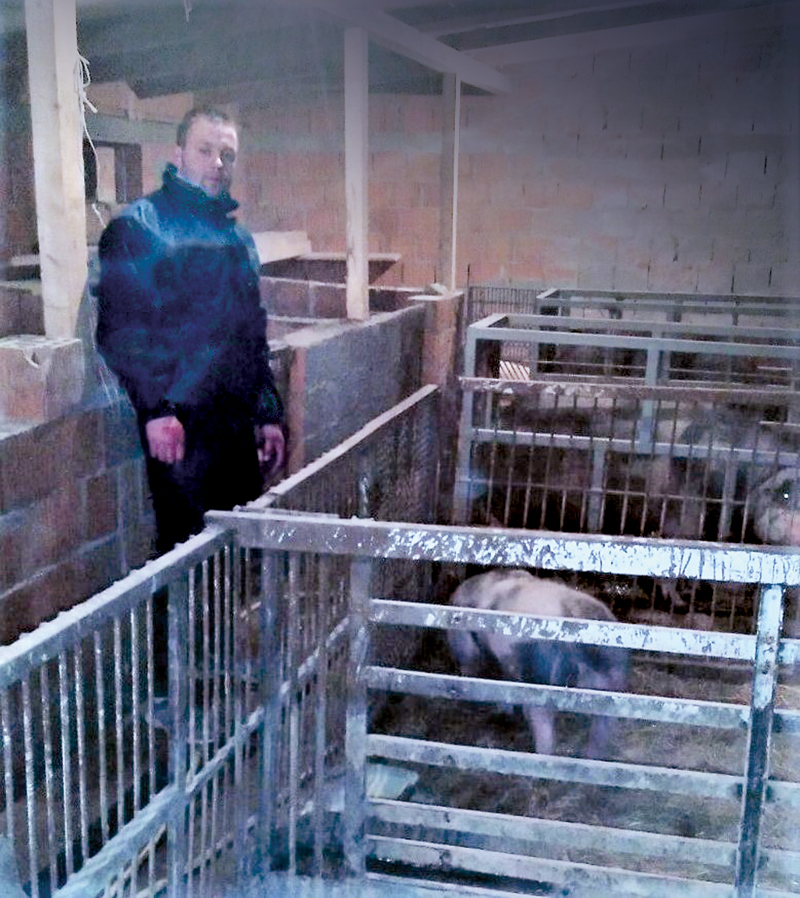 In Kosovo and Metohija, IOCC focuses on agricultural development: helping the Orthodox Church expand facilities to purchase and process local harvests, and helping farmers increase productivity—two parts of a holistic approach to improving quality of life here.
In Kosovo and Metohija, IOCC focuses on agricultural development: helping the Orthodox Church expand facilities to purchase and process local harvests, and helping farmers increase productivity—two parts of a holistic approach to improving quality of life here.
Dejan, a husband and father of three, lives in Gračanica and has a family background in agriculture. He set out with the traditional approach to breeding pigs, but struggled. “Simply put,” he said, “I did the best I could, and it was not enough. I invested all I had in my pig-breeding program, but I couldn’t make a profit.”
While doing seasonal work at the Gračanica monastery, Dejan connected with IOCC and partner Agrolink. Their conversations inspired him to try something new. “I got the answer I needed,” he said: “To buy less animal feed and produce more on my own land.”
Livestock feed is typically the largest expense breeders have, so growing it can cut costs. IOCC and Agrolink organized trainings and supplied seeds, and Dejan was first in his community to sow forage peas and soybeans. When he started using this home-grown feed, his pigs’ health improved; improvement continued the following year, and he added more animals to his herd.
In just two years, Dejan grew his productive land from 8 hectares to 27 and tripled his herd of reproducing pigs from 5 to 15. He now sells about 300 piglets a year, increasing his income dramatically. His animals are also healthier, and Dejan produces more while spending less. He sells surplus harvest to the Church for processing—a safe and sustainable market for the community.
While Dejan successfully pioneered new approaches to traditional farming, his neighbors saw value in the change and followed his lead. Even amid the COVID-19 pandemic, this shift has allowed more farmers to grow their production and income. With the Church’s increased ability to purchase and process grain (another outcome of IOCC programming), sustainable improvements continue in Gračanica.
“I want to thank you all for your support,” said Dejan. “Most of all, I want to thank you for [support from an] Orthodox organization, which gives us a sense that we are not alone. This means the most to us.”



